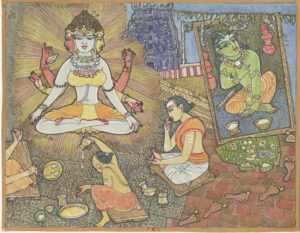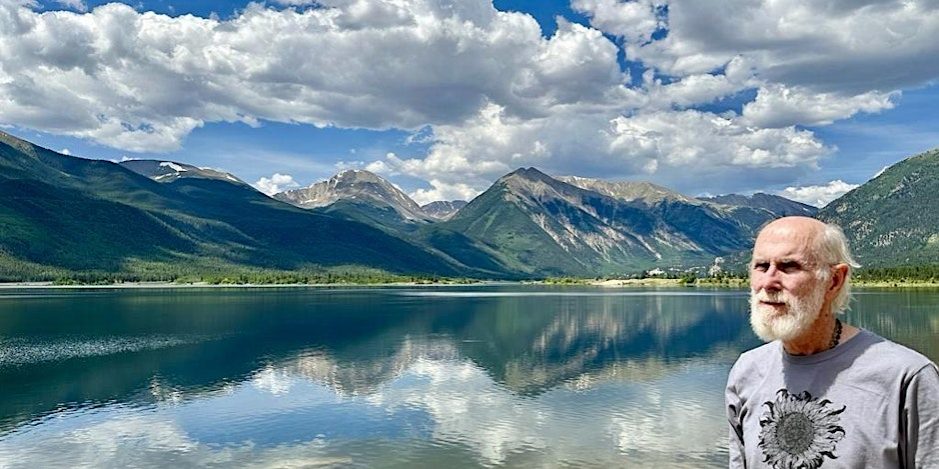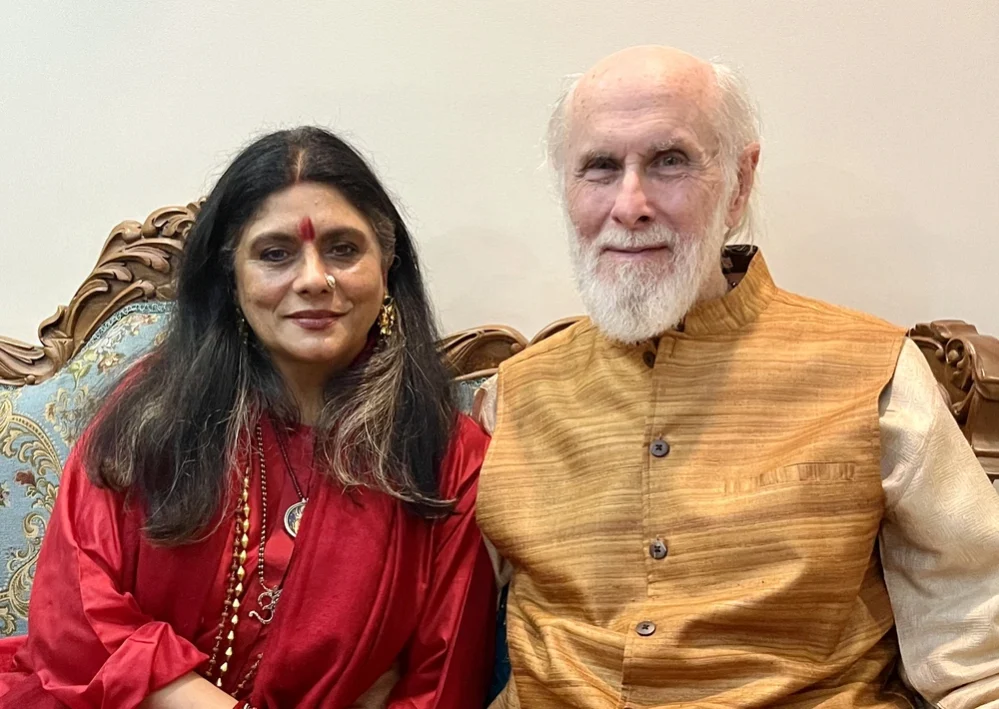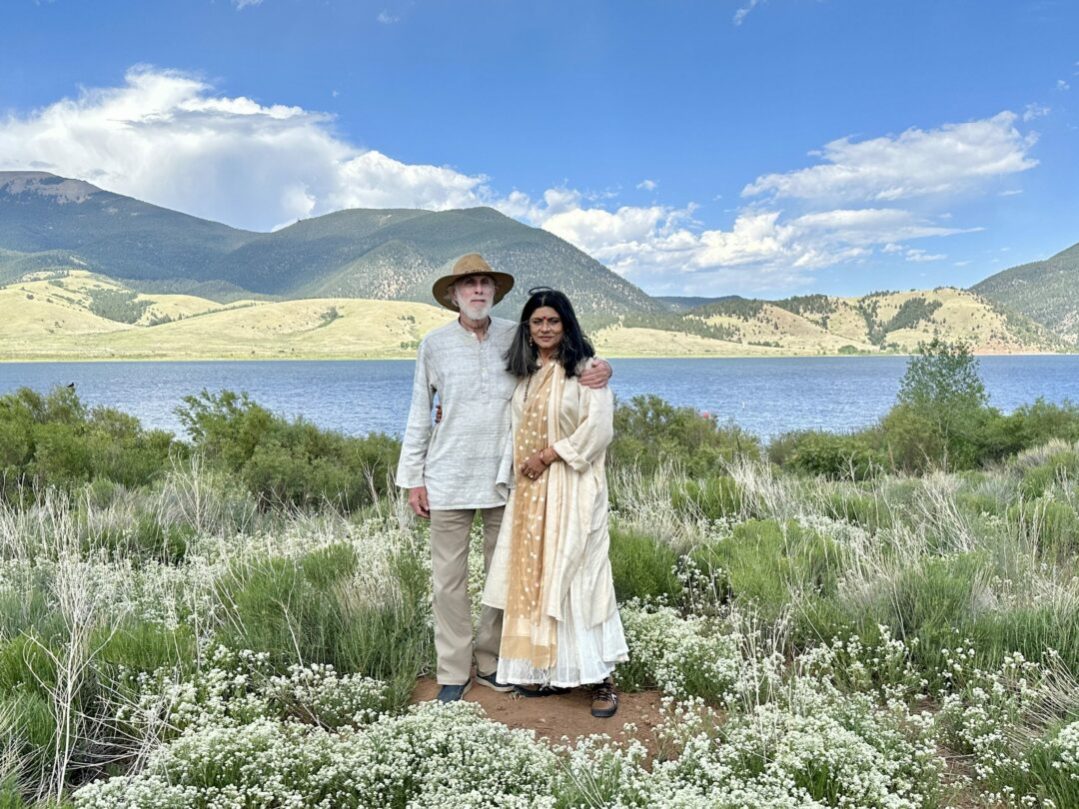The following article by Dr David Frawley was first published by DailyO
It is time for India as a political state to acknowledge and support itself as a civilisation.
India is not just a country or a nation, India is a civilisation.
A civilisation is more than a country. It exists as a vast domain in the human mind and heart, encompassing many kingdoms and historical eras, not merely a place in geography or a current in history.
India is one of the oldest, most extensive and deepest civilisations on the planet, regarded as the guru among nations for its unfathomable yogic wisdom and universal dharmic principles.
There are very few countries in the world that one can speak of as great civilisations. We can speak of European civilisation, for example, but not civilisation in terms of any single European country only.
Probably the only country that one can equate in scope as a civilisation like India is China, the other dominant cultural center of Asia.
Yet China has been more influenced by India than India was by China.
India’s civilisation more than a political state
India is first of all a civilisation and cannot be looked upon merely in terms of political boundaries. India has survived, continued and prospered as a civilisation even during adverse periods in which the country lacked political unity or was oppressed under foreign rule.
India has continually produced powerful thinkers, yogis, visionaries and artists owing to its unique civilisational strength, which is much more than any political or military force. No army so far has been able to break it.
India’s independence in 1947 is usually looked upon in terms of political independence, but was much more than that. India in 1947 brought the opportunity for a revival and Renaissance of India’s ancient civilisation.
Unfortunately, those who came to rule India after 1947 preferred to downplay India’s older civilisational heritage. To the Leftist crowd there was no real idea of India before 1947 because there had not been a nation state that formally called itself India.
Votaries of the Left have been unable to recognise the magnificence of India’s civilisation, even while living within it, surrounded by its evocative monuments and colourful festivals.
They feel more at home with European Marxist or Freudian thought than with the many yogis and rishis of India who brought cosmic consciousness to the world.
For centuries prior to 1947, India was under the political domination of a hostile civilisational ethos that did not understand the region’s dharmic civilisation and tried to undermine it, at times violently.
There was a concentrated effort to bring India into the sphere of Islamic civilisation by Muslim invaders, and into Western or European civilisation by the British.
Both groups were reluctant to honour India’s older civilisation, judging it according to their own different values that found India’s many-sided mystical culture to appear contradictory and disorganised.
After independence, the Nehruvian socialist and Marxist alliance continued to westernise India’s civilisational values, as they regarded India’s older cultural heritage as their main political opposition.
Proclaiming India’s civilisational independence
What India as a country and the world overall needs today is the independence, prospering and global spread of the ancient Indic/Bharatiya civilisation.
Celebrating India’s independence as a political state, we should remember India’s importance as a profound civilisation, with a worldwide impact and spiritual influence extending far beyond all human boundaries.
It is time for India as a political state to acknowledge and support India as a civilisation, for eternal Bharat to rise again.
Fortunately, India today has a government that is beginning to do this, after decades of rule by those whose primary civilisational values were from foreign lands.
The impact of yoga globally is a good example of India’s civilisational revival and its world recognition.
India holds the ancient spiritual heritage of humanity, the vision of enlightened yogis and sages across the ages that can still lead us beyond the limitations of time and space, and the uncertainties of human opinions and beliefs.






